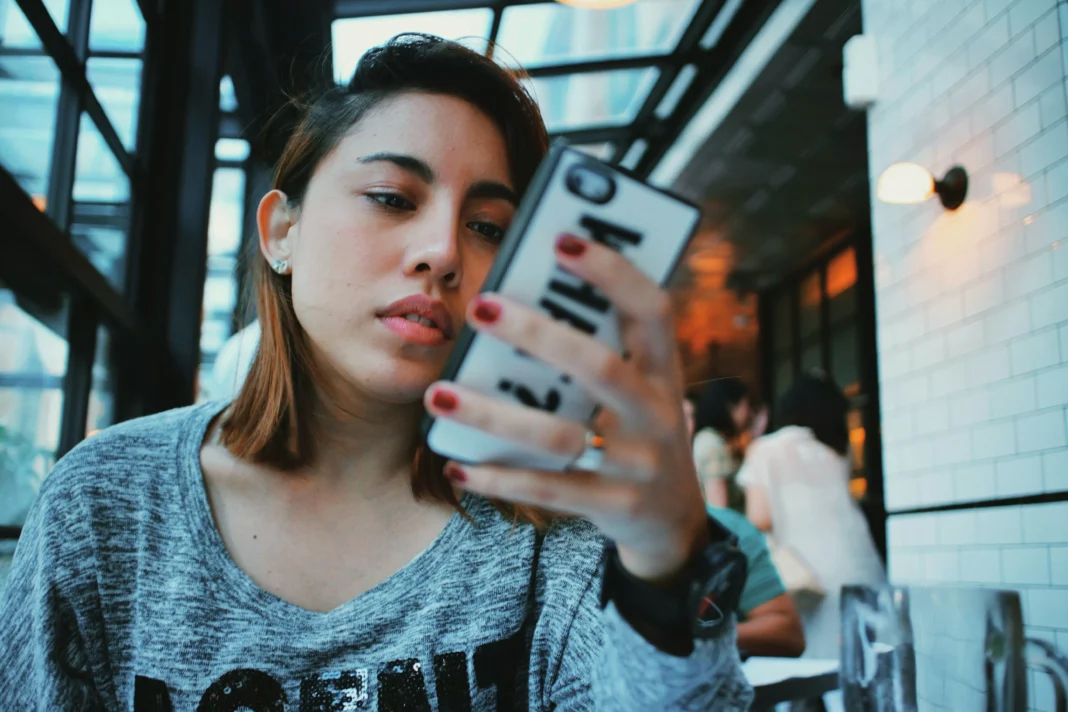The exponential growth of technology has greatly impacted our lives in more ways than we can imagine. With advancements in artificial intelligence, we now have access to tools that were once thought only possible in science fiction. While some may see this as a cause for celebration, there are certain trends emerging that are a cause for concern.
One such trend is the rising popularity of generative AI services, which grew by a staggering 251% between February 1, 2024 and March 1, 2025 according to Cloudflare, a software and technology expert. These services are being utilized for various purposes, from writing job applications to replacing traditional Google searches. However, there is one particular trend that is alarming – the use of AI chatbots for mental health support.
We live in a time where waiting for mental health treatment has become a norm. According to an analysis of NHS data by charity Rethink Mental Illness, eight times as many people are still waiting for mental health treatment after 18 months compared to physical health care. In such a crisis, it’s understandable that people would turn to any tool at their disposal.
On platforms like TikTok, a popular video-sharing platform, users openly admit to relying on Open AI’s generative AI chatbot, Chat GPT, for therapy services. One user’s post boasting about the chatbot’s abilities received over 3 million likes. It’s no wonder that people are turning to AI for emotional support, especially when human-to-human interactions are becoming increasingly difficult to access.
However, relying on AI chatbots for mental health support can be harmful, warns psychotherapist James Lloyd. While technology can be incredibly helpful in certain situations, it can also have a negative impact if not used correctly. In Lloyd’s words, “Technology can be a great tool, but a terrible master.” Using AI chatbots for therapy may act as a bridge for some to take the first step towards opening up. Still, there’s also the risk of losing touch with vital human interactions that are crucial for our overall well-being.
Lloyd also raises concerns that over-reliance on AI chatbots for emotional support could potentially harm our mental health in the long run. “If we become too reliant on AI, we may unintentionally lose touch with the very human connections that are essential for our well-being,” he says. Studies have shown that social connections play a significant role in living longer and healthier lives. Loneliness and social isolation are associated with higher risks of various illnesses, including heart disease, stroke, and mental illnesses such as anxiety and depression.
Lloyd agrees that human connections are vital, especially when addressing mental health issues. “True therapeutic work and healing loneliness involves being seen, heard, and felt by another person in a way that AI, no matter how advanced, simply can’t replicate,” he explains.
In response to these concerns, HuffPost UK reached out to Open AI for comment, and they stated, “Our models are trained to act as an AI system and offer general advice and support. Users will receive a message like the image below if they are requesting professional advice.” (Add image)
The company further added, “In situations where someone is at risk to themselves, our models are trained to recognize these scenarios and respond thoughtfully, redirecting them to professional help when necessary.” They also mentioned that they are committed to investing in this area by consulting with mental health experts.
While AI chatbots can be a useful tool, they should not be seen as a replacement for human-to-human interactions when it comes to addressing mental health issues. Therefore, it’s essential to be aware of the limitations of AI and understand that it cannot replace the deep connections and empathy that only humans can provide.
In a world where technology is becoming increasingly prevalent, social connections remain fundamental to our overall well-being. In 2024, a study conducted by Harvard University revealed that social connection can help people live longer and healthier lives. Researchers wrote, “Being socially disconnected is associated with a higher risk of illnesses, including heart disease, stroke, anxiety, depression, and dementia. Loneliness and social isolation have also been shown to increase the risk of premature death by 26% and 29% respectively.”
As we continue to navigate through these unprecedented times, it’s crucial to prioritize human connections and seek professional help when needed. If you or someone you know is struggling with mental health issues, there are several resources available, such as Mind, Samaritans, CALM



